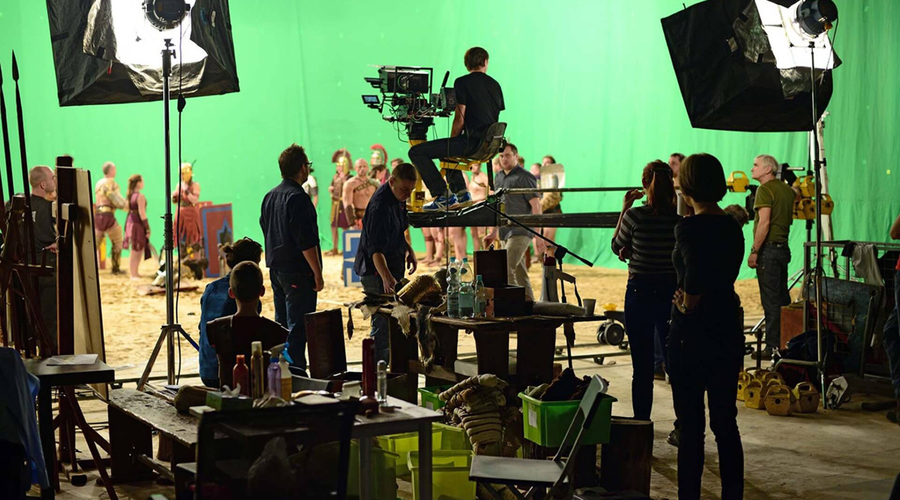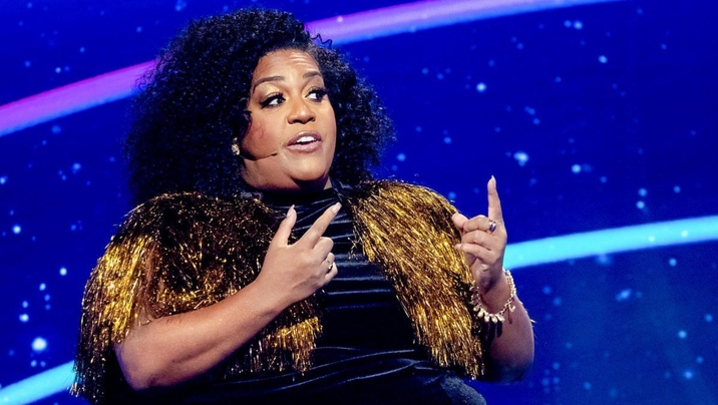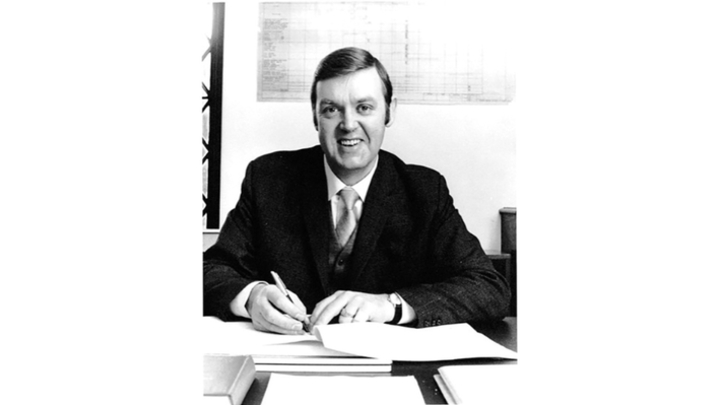Tara Conlan investigates how the pandemic and the demand for content have led to acute shortages hitting UK TV production
"Fist fight” and “a perfect storm” are how producers are describing the current scarcity of crew, kit, studio space and talent in the British TV industry. The situation has arisen primarily due to the pre-Covid-19 content boom driven by the expanding streaming market and the post-lockdown rush back to production. And it is putting production schedules under strain.
As BBC Studios Productions’ acting COO, Sonia Magris, says, while this “is great news for TV content makers, the sector is undoubtedly feeling the pressure that comes with it, and BBC Studios Productions is not immune to this.
“One of the biggest challenges is that there are not enough people in the market to supply the current demand, which means our production teams are working harder than ever. This is in addition to the added pressure they have ensuring rigorous Covid protocols are in place.”
Magris adds: “There’s also cost inflation and logistical challenges. Encouragingly, out of the hundreds of titles we deliver each year, only a handful are experiencing minimal delays. We’re proactively managing the situation and working closely with our commissioners to mitigate these risks.”
ITV head of entertainment commissioner Katie Rawcliffe says she has noticed “a lack of experienced show runners as the bigger shows for the autumn and the start of 2022 come back into production”.
Her team has been helping production companies ensure they have the right teams for shows: “It may mean tweaking, sharing of personnel and making some calls ourselves... but it usually works out.”

Although ITV successfully aired big shows, such as I’m a Celebrity... Get Me Out of Here!, last year despite the pandemic, Rawcliffe says that this year has not been as easy as some had expected. The Masked Dancer producer Bandicoot (which also makes The Masked Singer) had to quickly find a different studio because its usual one was already occupied by a new ITV show, Starstruck. But for Rawcliffe, “our biggest battle is still Covid... we had an international shoot halted this week due to overseas guidelines”.
According to a recent survey of employers by the TV industry training body ScreenSkills, 82% say recruitment is a problem while two-thirds believe the health crisis has exacerbated it.
Nicky Ball, the senior high-end TV new entrant manager for ScreenSkills, says part of the reason is that former production managers or co-ordinators have moved into the newly created roles of Covid supervisors. “The demand is phenomenal. I’ve never known anything like it,” she says.
Bandicoot’s parent company, Argonon, also owns Leopard Pictures, which is currently shooting Worzel Gummidge. Argonon CEO James Burstall says: “At the moment, it is a perfect storm.… There is a massive and chronic shortage of talent, space and studios. To be honest, it’s a complete fist fight really for people to get their hands on the best talent and studios, and the best product, budgets, schedules and teams.
“It’s a good problem to have…because we are this hub of expert talent in the UK, but it does mean that budgets are being squeezed. Costs are going up enormously. We’re having to start pre-production a lot earlier.”
He notes that big streamers such as Netflix and Amazon have been putting studios and talent on retainers, “which is great for talent but, at the same time, it means the marketplace is now overstretched. It’s impossible to go into production quickly on high-end shows.”
‘Some people walk off mid-shoot because they’ve had a better offer’
According to DV Talent Managing Director Matt Born, job postings aimed at freelancers on The Talent Manager website are running at almost double their usual level. This year, searches on the site are up 75% on the same period last year, to 140,000.
He says: “A lot of people are struggling to find production managers and co-ordinators. There’s this boom in productions but you need people who can run them properly, especially with tighter budgets and more complicated schedules thanks to Covid.”
Born believes many production managers have left the industry due to stress and lack of flexibility. Rawcliffe calls them “unsung” heroes because, on top of their normal workload, they have had “to navigate their way through guidelines, innovating and implementing safe practice, and balancing that with the financial fall-out”.
Kit is an issue, too. Born says DV Talent’s subsidiary The Kit Room has “virtually everything out... and for 20 weeks. Those big, long-running juggernaut series such as Reported Missing are back and taking stuff as they need to plan and have two crews working in isolation, etc.”
The Kit Room’s manager, Robin Weaser, explains that there have been delays in getting new kit due to the lack of computer chips from Chinese factories closed because of Covid. “Added to that, there’s the complications caused by Brexit” – equipment that could previously be ordered from Germany with next-day delivery, can now take two weeks to arrive as it is held up at borders or in warehouses.
Momentum Television, which makes BBC One comedy Ghosts, has just started filming Murder in Provence for BritBox, starring Roger Allam. Some filming is needed in France and, hopefully, will be happening towards the end of its schedule once travel restrictions are relaxed.
Co-executive producer Alison Carpenter describes the situation as “a sort of Wild West. Rates have gone up. Luckily, it hasn’t happened to us yet but [some] people [have been] walking off mid-prep or mid-shoot because they’ve had a better offer. Which is sort of understandable because people lost such a chunk of their income last year.”
Carpenter highlights the problem of shows that were budgeted and financed pre-pandemic now having to film on the same budget while carrying extra Covid-related costs. She says broadcasters have been sympathetic but often “they are tightening their belts, so you’re trying to achieve the same kind of creative ambition while everything costs more – and it’s not just crew, it’s facilities, it’s equipment. People are saying, ‘There are no dollies until October’, and having to find a way around it.”
Burstall agrees that “there’s a massive national and international scramble for equipment. We’ve been bringing equipment from Liverpool down to London… from Northern Ireland to Manchester.… That does cost money. At some point, we’re going to have to pay for these things.
“Therefore there are difficult, ongoing conversations with commissioners – who are being pragmatic – about how these things are going to cost more money. As an industry, we’re going to have to come up with solutions.”
Part of that is recruitment. Recently, BBC Studios launched a film* called Inside The Screen on BBC Bitesize to show children the range of behind-the-camera TV careers available. Argonon is also encouraging children from different backgrounds to look at TV careers via the charity Speakers for Schools.
With help from the High End TV Skills Fund – which drama, comedy and factual productions pay into – ScreenSkills has also been recruiting new people at every level via the First Break, Trainee Finder and Make A Move schemes. Last year Ball was worried about getting enough work for trainees, but 116 productions are using her people: “It’s fantastic… but we need to make sure we really support and nurture those individuals, whether they be new entrants or [those] stepping into a more senior role.”
One bonus is that the drive to get more people into TV may be boosting diversity. Searches on DV Talent’s diversity search engine are up 594%, compared with the previous year to date.
Carpenter argues that there is also an opportunity to address industry-wide work culture issues: “One of the things I’m proud of is that crews come back to us saying they’ve had a lovely time working with us. That feels really important, not just in terms of retention but at a time when we’re all talking about bullying in the industry.”







